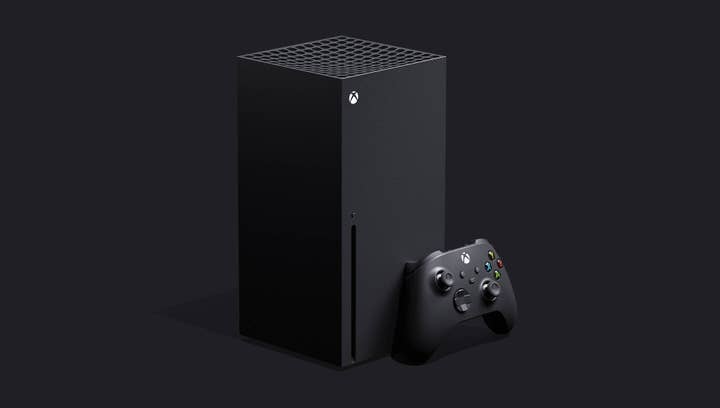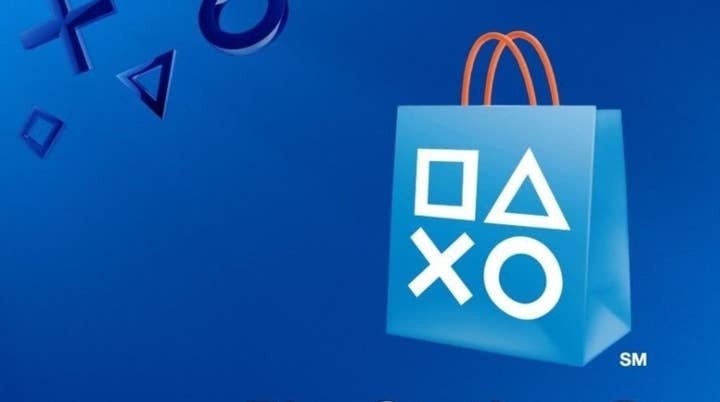Don't expect next-gen console launches in China anytime soon | Opinion
The suspension of the PlayStation Store in China underlines the problems that Sony and Microsoft continue to face, says Apptutti's Daniel Camilo
Although the Xbox One, PlayStation 4 and Switch have all officially launched localized versions of the hardware in China, the Chinese market remains a considerable challenge for Microsoft, Sony and Nintendo.
The official consoles -- read this and this for a better understanding of the status of consoles in China -- sell poorly and are vastly outperformed by imports when it comes to Chinese consumer preferences. Restricted access to games and online services (region locking) permeate each of these consoles to different degrees, but always enough to make them a bad choice, considering the "neutral" imported version is actually even easier to buy.
The situation became gloomier recently as Sony announced the suspension of services for the PlayStation Store in China. For how long? Indefinitely. What does that mean in practice? Don't expect it to go back online any time soon, if ever.
Users of the Chinese PS4 were using exploits to access the Hong Kong online store, which has most of the games and services available that you would find elsewhere around the world. Most of those games and services are not licensed to be released in mainland China. Surprisingly, it was mostly mainland users that reported the case enough for the issue to be noted by authorities.
Lost trust -- What are the Consequences?
Sony can only watch from the sidelines as its brand is regulated by others, to whatever consequences it may lead to
The most immediate reaction came from Chinese consumers who either own a "Chinese" PS4 and/or follow current events about the industry. Trust on maintaining a continuous and sustainable system of supply and demand for Chinese-licensed consoles has deepened to new lows, after a relatively optimistic period following the end of the "console ban" in China back in 2015. If gamers were already feeling cautious about licensed Chinese consoles, they are now left with no good reason to even bother considering them.
That is the situation for informed consumers. For more casual ones, it's just an absolute mess of confusion, with people who bought those machines immediately feeling burned once they start using them and realize how restricted they are.
The situation is pretty similar for both the officially launched PS4 and Xbox One in China, by the way. While Xbox's online services have not been suspended, the games and services available through Xbox Live are beyond anaemic, to say the least -- Game Pass, streaming services, and the majority of games released worldwide for the Xbox One are not available digitally or physically for the Chinese Xbox One.
What can console makers do?
Nothing, pretty much -- and that is the problem. In a situation like this, Sony can only watch from the sidelines as its brand is regulated by others, to whatever consequences it may lead to. That is part of the deal of launching in China, and Sony knows it.

By observing what is happening, both Microsoft and Sony -- and Nintendo, for whatever console comes after the Switch -- might be wondering why exactly should they even bother to officially release consoles in China. The investment and time spent making the required deals with local partners for distribution and licensing is huge -- a Chinese partner is a must, by law -- while the gains are residual at best, if any. By now, they know that imported consoles continue to proliferate in the country, and so does their respective software.
Noth Microsoft and Sony might be wondering why exactly should they even bother to officially release consoles in China
Chinese consumers can very easily find most imported versions of consoles and their games on Taobao and other e-commerce platforms. Traditional retail stores selling video games and consoles aren't really a thing in China, and everything can be found online and be delivered to your door in less than 24 hours in some cases. Pricing is not an issue either, as these imports sell for similar prices to what you would find in the US or most European countries.
So why bother? No point really. Branding, some may say? Don't worry, Chinese consumers know perfectly well what a PlayStation or Xbox is, and Super Mario is as iconic there as everywhere else.
Considering the current situation, there is simply no clear reason why Microsoft, Sony or Nintendo should (once again) go through all the hurdles to launch their next generation consoles in China. And they probably won't, unless something changes.
But let's be clear about what would need to change for console makers to have a standard launch in China that could actually be comparable to most other markets, and be worthwhile for both them and Chinese consumers: games (or at least a much larger portion of them) need to be made available to market on par with other regions; online services need to work; consoles can't be region locked. All these measures clash with the imperatives of Chinese regulations and expectations for the market, and are therefore highly unlikely to be possible in the foreseeable future.
A glimmer of hope?
While China is known for strategizing and planning for the long-term, it's clear that regulators don't always act with that mindset. Simply put, regulators are people too, and it's safe to assume that a lot of those dealing with these issues are not particularly familiar with or knowledgeable about the games industry and its history. And in that may remain the hope of a positive change.
In the same way the regulators "gave in" so quickly and assertively after realizing what was happening -- Chinese consumers accessing unregulated content -- they might just reverse everything again once all the media buzz surrounding the new generation of consoles starts to bubble up and demand for the new consoles becomes more evident. It isn't unlikely that the people who enforced the suspension of PSN didn't even realize the PS5 is coming so soon, and what that means for the gaming and console markets.
Daniel Camilo lives in Shenzhen. He is the overseas business developer for Apptutti, a specialist in publishing games in China.








